Among all construction projects, it’s unarguable large transit projects have the strongest reputation for unsatisfactory delivery.
Ontarians need look no further than the Eglinton Crosstown LRT project in Toronto, where construction was launched in 2017 but the commissioning date remains anyone’s guess.
It’s not just Canada’s problem: a new report from the Future of Infrastructure Group (FIG) citing research from Oxford University using 80 years of data from around the world, found only two rail projects out of every 1,000 were delivered on time, on budget and with the expected benefits.
The report, titled Reducing Risk on Transit Projects: Driving More On-time and On-budget Delivery in Canada and authored by John Allen, vice-president of the firm Global Public Affairs, suggests the problems are not intractable.
By placing the proper risk mitigation strategies at the forefront of infrastructure planning, procurement and delivery with all parties committed to playing an active role in managing overall project risk, solutions can be identified.
Four modern Canadian transit projects — the Eglinton Crosstown West Extension in Toronto, Toronto’s Union Station Enhancement Project, Montreal’s REM project and the Surrey Langley SkyTrain in British Columbia — are cited as examples of enlightened project delivery.
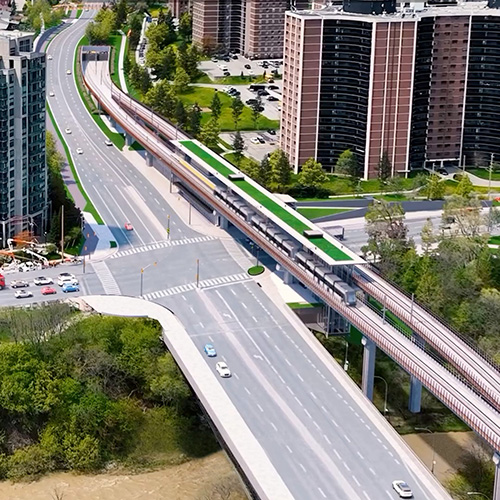
“There are numerous examples of initiatives or processes that have been bought in across Canada which I think are important that we take stock of. That’s really the aim of the report, to put a spotlight on those practices,” said Allen. “Hopefully we can be rebuilding some of that confidence.”
Allen said risk stood out as the root of pretty well every problem that can arise with a project.
Get a good start
The report urges parties to identify risk early in the process:
- Getting a good start — problems early on can reverberate through the project, so it’s important to ensure no time is wasted and the conditions are right for a project to hit the ground running.
- Working together — interactions between the many project players are often the source of issues. Driving collaboration and having clear governance and clearly delegated responsibilities help drive problem-solving.
- Focusing on the end goal — the operations and end users need to be involved from the start, building in adequate time for testing and commissioning.
“Any issues that you have from the start can really snowball,” said Allen.
Referring to the Eglinton West Extension project, he said, “They put in some milestone incentive payments there just to drive the right behaviours. If you get behind in those early stages, it’s very difficult to catch up and that can lead to a lot of adversarial issues and finger pointing down the line.”
Building on experience from previous major transit projects, that project was split into four different procurements.
SkyTrain featured strong early engagement
The Surrey Langley SkyTrain project featured strong engagement with the market, the report noted, resulting in valuable feedback.
“They’re very good on the transparency side of things,” said Allen. “If you look on that project website, they have it very clearly spelled out what they did on risk. They had feedback on the early engagement they did with the market and what they heard and how that shaped their approach. So I think that’s a really positive approach out there.”
The Union Station Enhancement project was the first major Alliance project for transit, with Kiewit, WSP and partners buying into an array of behavioural and training mechanisms from the beginning, Allen said.
“They’ve really bought into that and doubled down on it. They’ve maintained that behavioural training to make sure that when they’re approaching any issues they’re doing it in a more collaborative way.”
Transport for London in the U.K. has developed a twofold “conflict avoidance” process in project delivery. The second phase involves bringing in independent experts to play a coaching role, Allen explained.
“They’re proactive, they go onsite and have conversations and they provide a reasoned opinion on where things stand and how you can make your way out of it.”
Regardless of the procurement model, the report stated, “All must be underpinned by a comprehensive approach to identifying and tackling risk.”
Follow the author on X/Twitter @DonWall_DCN.


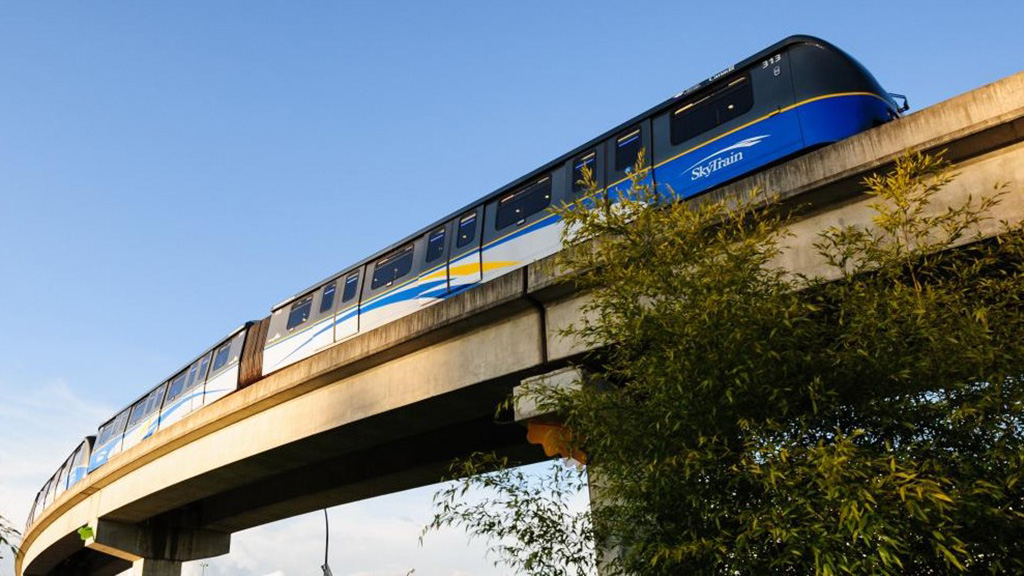
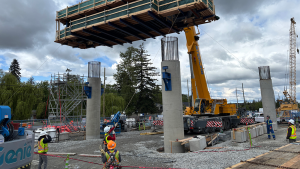
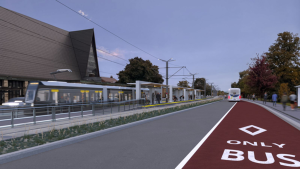
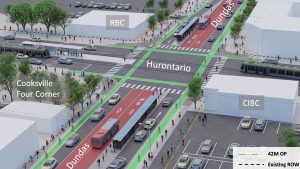
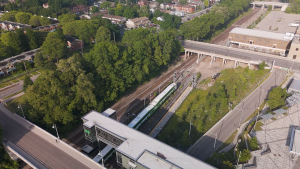
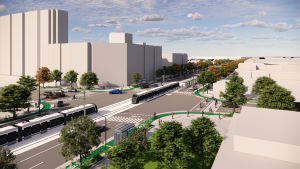
Perhaps we should all take a look at Helsinki where its Line 15 recently opened on budget and AHEAD of schedule. Construction on the line officially began in June 2019.with regular service starting in October 2023 ahead of the original 2024 target date. The Jokeri Light Rail was built using the alliance model where the client organisation formed by the cities of Helsinki and Espoo and the designers and contractors were combined into one project organisation.
These contracts should be fixed price like in the private sector with clauses for escalation if warranted. If people are smart when pricing and scheduling such projects, then they should put in realistic prices and timelines and they should be smart enough to sign the contracts. There should also be incentives for early on time/on budget completions as well as penalties/liquidated damages for delays and cost overruns. The Eglinton crosstown debacle should never have occurred. How could a job that started in 2010 with a $5billon budget take 14 years and costs balloon to $13billion. Someone is greasing someone.